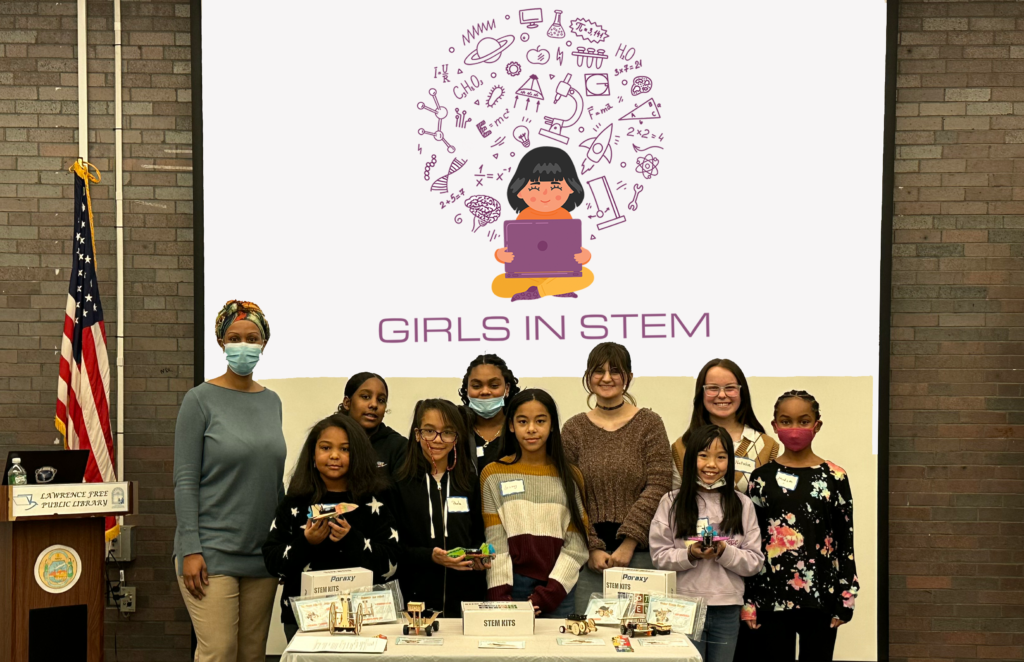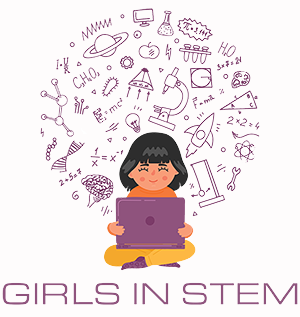
The published literature suggests several significant factors contribute to the underrepresentation of Latinas in STEM, many of which influence girls’ career preferences as early as their middle school years. Researchers agree that there is an urgent need to help girls of color construct powerful identities early on to achieve equity in STEM.
Young girls’ identification with STEM is also directly influenced by cultural stereotypes. Master et al. (2016) and other researchers argue, for example, found that specific stereotypes associated with STEM discourage girls of color from considering these fields as possible career paths. Specifically, girls of color typically associate STEM careers with male-dominated, competitive, non-collaborative, and non-communal. Teachers’ and administrators’ negative biases and belief systems sometimes perpetuate these stereotypes at school. A shortage of relevant role models and mentors that can dispel myths arising from these stereotypes makes it hard for Latinas to imagine themselves in these roles.
Lastly, there needs to be more out-of-school educational opportunities to develop STEM-related problem-solving values. Herling (2011) found that women of color developed their values of creativity, fun, and problem-solving through childhood experiences while playing with puzzles, LEGOs, and other educational toys. These experiences and values heavily influenced the decision of women of color to pursue and persist in STEM fields.
